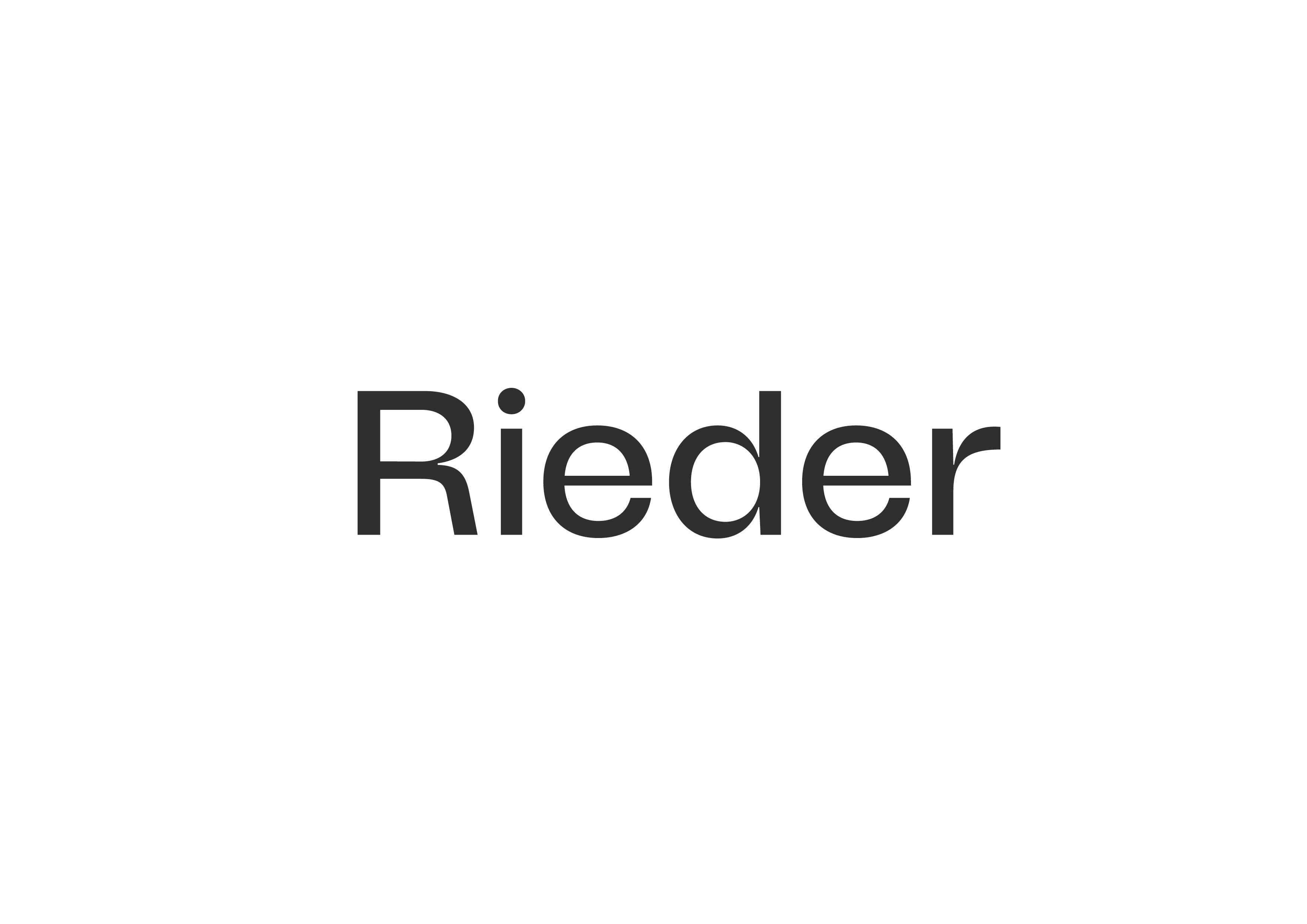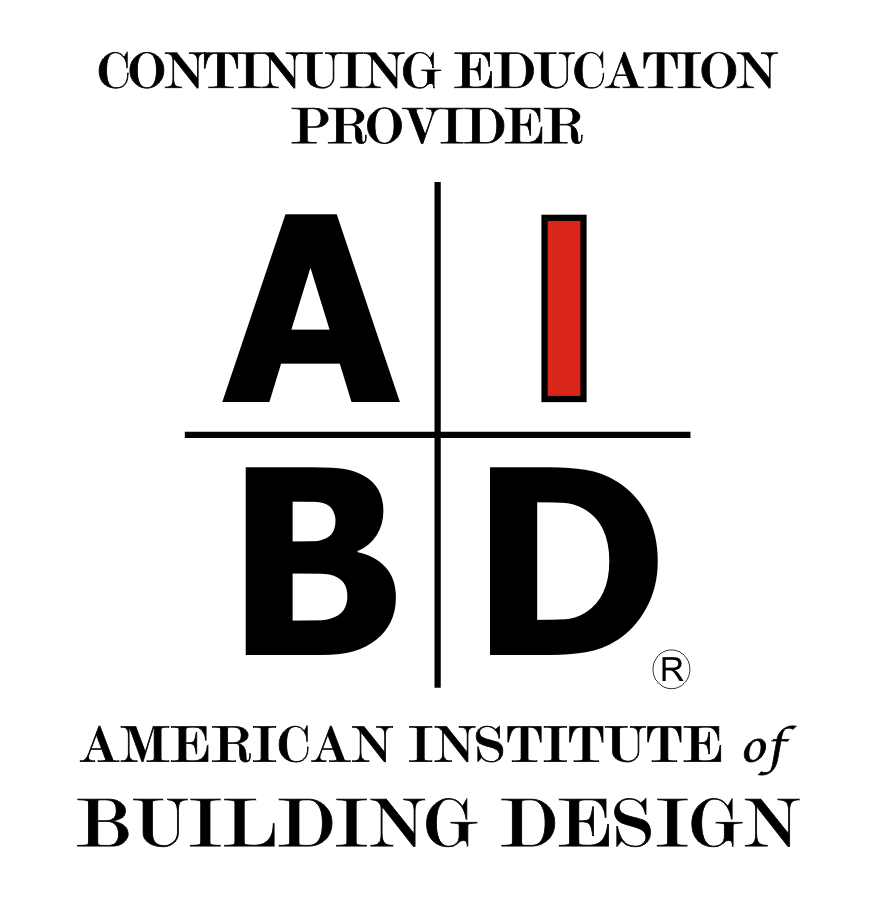Sustainable Facade Solutions: Advantages of GFRC & Various Design Options
The advantages, sustainable facts and high performance of glassfibre reinforced concrete facades
Sponsored by Rieder USA | Presented by JR Hughes and Frank Wagenbauer
Webinar On-Demand
The development of glassfibre reinforced concrete was inspired by Rieder's vision of a concrete cladding panel that is both stable and lightweight. The material convinces with its range of benefits when it comes to design: The elements with only 13 mm thickness come in a variety of colors, textures and surface finishes, thus offering numerous possibilities for the creative use of structure and form. The malleability of the panels allows them to be smoothly shaped around corners and edges. World first: With the goal of ensuring the preservation of the world for future generations, the facade specialist developed a cement-reduced concrete matrix. The cement in the Rieder facade panels will gradually be replaced by natural pozzolans, which are manufactured with significantly lower CO2 emissions.
In addition to durability, low maintenance and total fire resistance, the products also impress when it comes to eco-friendly: It goes without saying that Rieder uses non-toxic products (free of crystalline silicon dioxide) and reduces its use of primary energy in production to a minimum. In line with the zero-waste policy a new product was developed to reduce waste in production: pixel. They are small-format concrete shingles produced from the residual material generated, for example, by cutting large-size panels.
This course presents the advantages, sustainable facts and high performance of glassfibre reinforced concrete facades. Furthermore the flexibility of the material, various design options, facade trends and tailor-made building solutions will be discussed.

Photo courtesy of Rieder Group / Ditz Fejer
 |
JR Hughes is a owner of "Hughes Group", an independent manufacturer's agent since 1998. In 2014, he founded "Centerline Architectural Supply", a complete fabrication and distribution company for Rain-Screen Systems. In 2020, Centerline formed a Joint venture with Rieder, offering fabrication services and design assist to the market. He leads the U.S. technical team and assist the national sales network. |
 |
Frank Wagenbauer is a qualified Austrian sales director, who restructured sales teams and improved overall sales in various European companies. He joined Rieder in 2017 and is responsible for project management and first class customer experiences in the US. As a graduate of the Vienna University of Economics, Frank Wagenbauer lives with his family in Vienna. |
The Rieder Group specializes in the production of solution-oriented, environmentally friendly and economical facade solutions made of glassfibre reinforced concrete. The greatest driving force behind the continuous development is the striving to create more than just sustainable concrete elements in order to allow Rieder to make an active contribution to the energy revolution. The aim is to offer architects and builders an intelligent facade with countless possibilities in terms of aesthetics, flexibility of design, sustainability, and cost-effectiveness.
Originally published in Architectural Record
Originally published in September 2023
LEARNING OBJECTIVES
- Explain sustainable facts about GFRC facades and rainscreen systems and show how they contribute to the energy revolution and environmental protection.
- Discuss the advantages and performance benefits of GFRC and rainscreen systems and how the material contributes to the safety of buildings.
- Identify the importance of proper design and point out numerous possibilities for individual facades.
- Compare different GFRC products and discuss innovations and holistic solutions for building envelopes.











